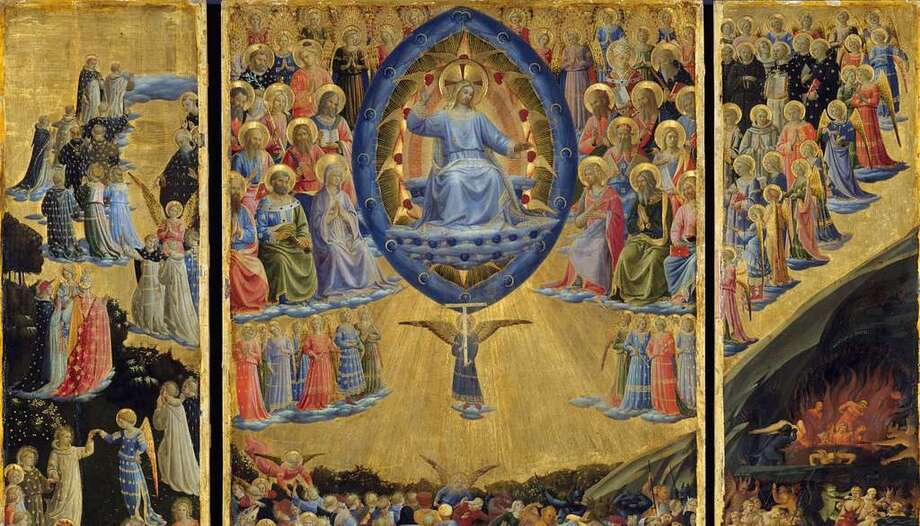The season of Advent is characterized by a tension between two poles: on the one hand, it is the expectation of the second coming of Christ; on the other hand, it is the preparation for the solemnity of Christmas.
The meaning is easily understood. Since we expect the second coming of Christ, when time as we know it will come to an end and all creation will reach its fullness, this is precisely why we prepare for Christmas: because it is a celebration of the great mystery of our salvation, which begins with the Incarnation of the Word in the womb of the Virgin Mary.
This double sentiment that characterizes the season of Advent is also present in the division that characterizes it: the first part - all dominated by eschatological references - runs from the first Sunday to December 16; and then, from December 17 to 24, the so-called Christmas Novena brings us back to the time and place of the first coming.
It is precisely in this tension that the first of the two texts of the Advent preface inserts us, which already from its title ("De duobus adventibus Christi.") indicates as the theme of thanksgiving to God the double coming of Christ, and all this is developed in parallels (first coming...he will come again - humility of human nature...splendor of glory - ancient promise...promised kingdom, etc.) that highlight the "already and not yet" of our salvation. This places the Christian community in a historical-dynamic perspective: it already lives of Christ, present in the midst of his own, but does not lose sight of the eschatological tension towards the full and definitive manifestation.
Qui, primo advéntu in humilitáte carnis assúmptæ,
dispositiónis antíquæ munus implévit,
nobísque salútis perpétuæ trámitem reserávit:
ut, cum secúndo vénerit in suæ glória maiestátis,
manifesto demum múnere capiámus,
quod vigilántes nunc audémus exspectáre promíssum.
Who, coming for the first time
in the humility of our flesh,
carried out the plan of redemption traced from ancient times and opened the way to salvation;
so that when he comes again
in the majesty of his glory,
thus revealing the fullness of his work,
we can receive the promised goods
that now, in vigilant waiting,
we hope to achieve.
Compendium of salvation history
The original Latin text comes from the reworking of two prefaces that probably date from the fifth century and are found in the Veronese Sacramentary. It presents us with a kind of compendium of the history of salvation, which in Christ finds its fulfillment: from of old, God has granted us the gift of a good will towards us, which is manifested in the economy of salvation.
This is what is meant by the expression "munus dispositionis antiquae," which expresses the gift and the task ("munus") inherent in the "oikonomia" of the covenant between God and the human race. This gift reached its zenith in Christ ("implevit" - fulfilled, brought to fullness), who willed to manifest himself in the humility of the flesh (cf. Phil 2:7-8) and established the new and eternal covenant in his own blood. Christ's sacrifice has opened for us the gates of eternal salvation ("tramitem salutis perpetuae"); therefore, in the Eucharistic celebration we raise our hearts full of gratitude to God, contemplating the mystery of the expectation of the coming of the Lord Jesus in the splendor of glory (cf. Mt 24:30; Lk 21:27; Acts 1:10-11).
When he comes, he will unite us, his members, to himself, so that we may enter and take possession of the promised kingdom. This certainty that comes to us through faith is not a mere desire, but is based on what happened at the first advent of Christ: the Incarnation is the great mystery that opens wide the gates of Heaven and brings to fulfillment the promises made by God throughout history. Precisely the certainty that God fulfills his promises and the realization that he acts and saves in history are the foundation of the hope that we nourish in our hearts.
Hope is not the vague feeling that all will be well, but the confident expectation of the fulfillment of God's plans. God always acts, and fulfills the promises he makes; that is why we can hope, and we can nourish our hopes.
Pontifical University of the Holy Cross (Rome)








